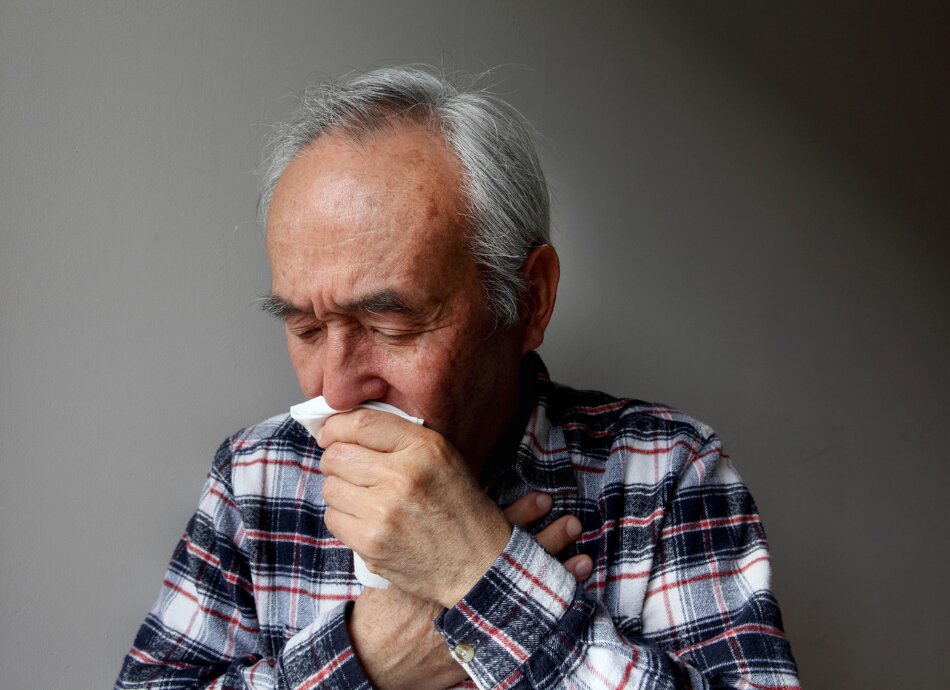A chest infection is an infection of your lungs or airways. Chest infections are common, especially during the autumn and winter, when temperatures are lower. They often start after a cold or flu. Chest infections are caused by viruses or bacteria. See the section below for examples of chest infections.
Who is most at risk?
Although anyone can get a chest infection, but they are more common in:
- babies, young children and older people
- pregnant women
- people who smoke
- people with long-term chest problems, eg, asthma
- people with a weakened immune system due to illness, surgery or chemotherapy.






